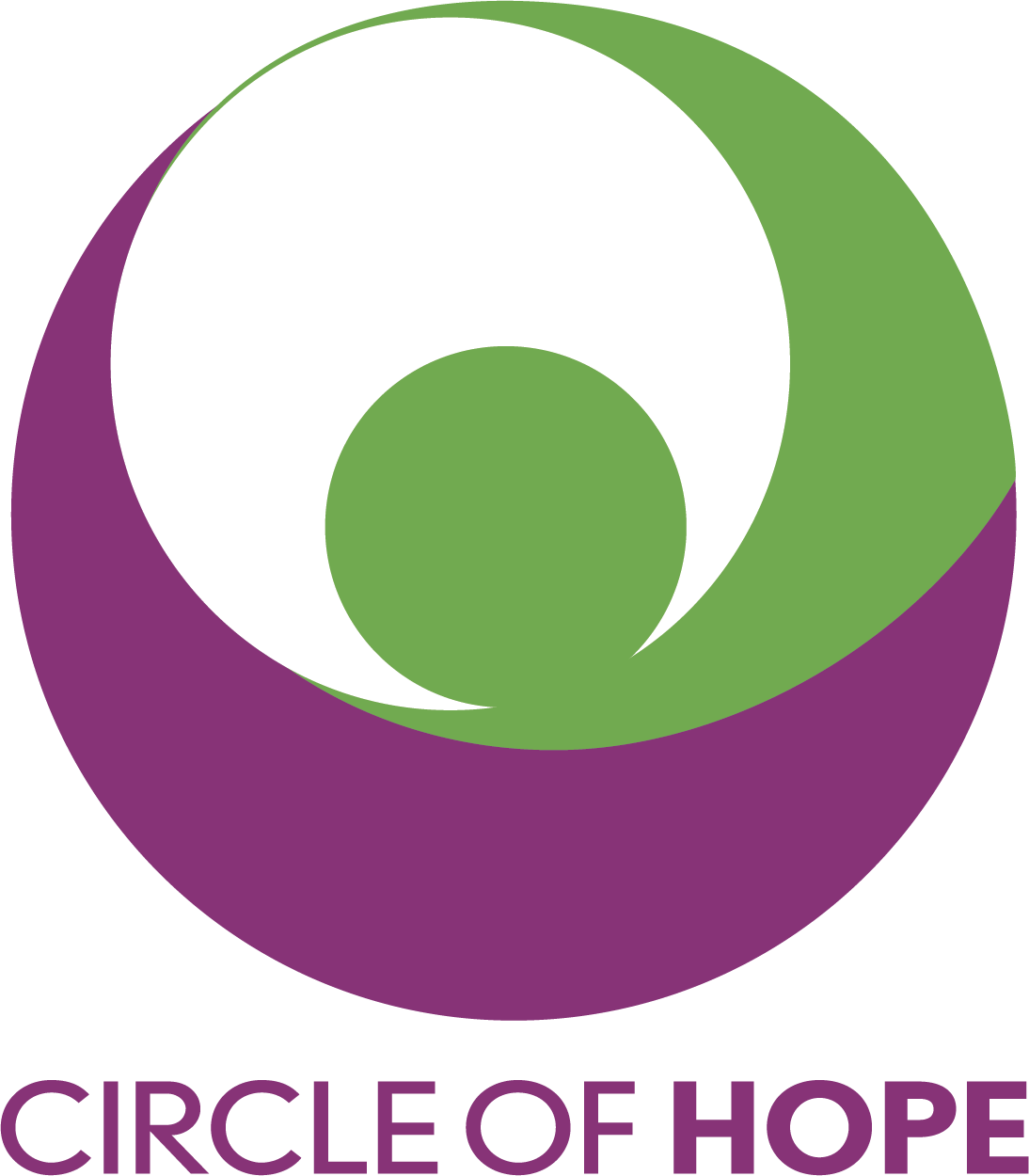The overwhelming majority of adults Circle of Hope serves are survivors of interpersonal violence. Studies suggest more than 90% of women who are homeless in Massachusetts have experienced severe domestic or sexual violence at some point in their lives. Nationally, 22-57% of women who are homeless report domestic violence as the primary cause of homelessness. (1)
A survivor of domestic violence may have a limited window of time during which they can safely flee an abusive household. To avoid alerting the abuser of her plans, she may be forced to escape without essentials like clothing, identification, or medication. When a survivor arrives in a shelter with no personal belongings, Circle of Hope is there to help. We provide new clothing, shoes, linens, coats, and hygiene essentials within 24-48 hours of receiving a call for help from our partner shelters. These necessities meet survivors’ basic needs and help them on the road to recovery.
The process of healing and rebuilding after abuse is long and can be particularly complex for survivors from the LGBTQIA+ community and other marginalized groups. Trauma has a long-term effect on physical and mental health, increasing the risk of depression, anxiety, PTSD, substance use disorders, and heart disease. We strategically partner with several domestic violence shelters and programs, including Asian Task Force Against Domestic Violence and Fenway Health’s Violence Recovery Program, to meet the urgent needs of survivors and their children. Boston Police Department Community Service Officers give our donations to survivors in confidential protected locations. And given the enormous overlap between domestic violence and homelessness, Circle of Hope serves survivors of domestic and interpersonal violence at every one of our 28 partner programs. Our donations help survivors stay healthy and enable them to focus on other immediate priorities.
As Domestic Violence Awareness Month (DVAM) ends, we recognize and honor the incredibly resilient survivors we serve, and all victims of domestic and interpersonal violence. We are proud to be part of the vital network of support for survivors and their families.
Resources:


